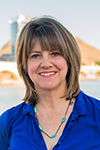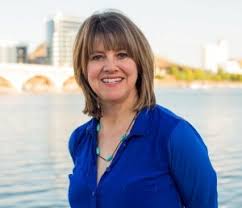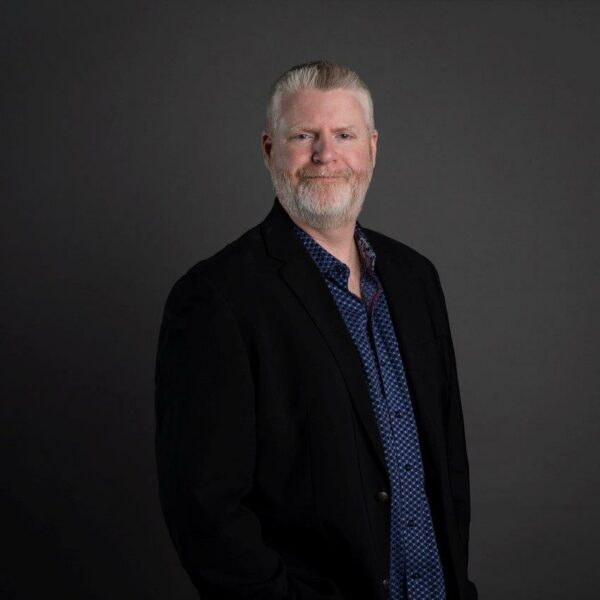City Councilwoman Lauren Kuby has made her stance on the regulation efforts clear
By Lauren Marshall | Arizona Capitol Times
The city of Tempe is working to restrict the influence of lobbyists and money in elections beyond state law.
City Councilwoman Lauren Kuby has made her stance on the regulation efforts clear.
“Money is at the root of all public policy ills,” Kuby said.
Kuby points to the role of Arizona Public Service, the state’s largest utility, in the 2014 election of Arizona Corporation Commission members who set rates for utilities, as an example of the influence of large contributions in elections. The FBI and APS’s parent company, Pinnacle West, have confirmed there is an investigation into the election.

Kuby said new regulations, including campaign contribution limits recently approved by Gov. Doug Ducey, will ensure that those running for office will be not be in the hands of special interest groups.
“I think it’s much better to have people beholden to voters, not donors,” Kuby said. “I do think taking money from lobbyists or attorneys gives you better access.”
The movement to limit the amount of money in politics was originally spearheaded by Councilman David Shapira and has gained traction again after measures to publicly fund city elections failed to garner enough support to pass in 2015.
After the plan failed, the city’s Clean Election Working Group morphed into the Campaign Finance Working Group and will meet on June 13 to discuss further transparency efforts.
“This is a larger move toward open and transparent government,” Kuby said.
The working group recently saw success when Ducey signed off on the city’s charter amendment that limits the amount of money individuals and political action committees can contribute to a candidate’s campaigns.
Tempe now caps campaign contributions at $500 per individual and $1,000 for political action committees and political parties. There is also a $10,000 limit on total contributions from political parties in an election cycle, and a $10,000 total limit from PACs or multicandidate PACs.
State statutes set a $5,100 limit for individual candidates for statewide or legislative offices and a $6,350 limit for individual contributions to local candidates. PACs can contribute up to $6,350 to local election candidates, while mega-PACs can give up to $12,600. Political parties can give up to $10,100 to local candidates under state law.
“We’re not done,” Kuby said.
The next change Kuby would like to see is a system that reports campaign contributions in real-time because campaign finance reports often become available too late in the election campaign for citizens and reporters. They become available only days before ballots go out.
“I believe our council is very ethical and wants this info out there,” Kuby said.
Kuby is also looking to enforce donor information requirements from campaign contributions more strictly. According to Kuby, there were complaints last election of a donor’s occupation being excluded from campaign finance information, and Kuby said she wants to make sure candidates have to fill in donor information if they are accepting the money.
Kuby said she believes measures like these have had an impact in Arizona politics.
Sen. Juan Mendez and Reps. Athena Salaman and Isela Blanc, all Tempe Democrats who ran in Legislative District 26 as a pro Clean Elections team, all won their races, which Kuby said is indicative of the public support of the election regulations Tempe is pioneering. However, Democrats do hold a large advantage over Republicans in LD26 with 34 percent voters in the district registered as Democrats, 27 percent Republican, and 39 percent as independents.
Supporters of stricter campaign regulations may have public support on their side as 88.5 percent of Tempe voters were in favor of lowering campaign contribution limits in the March 2016 election to amend the city’s charter.
“I think it’s a mandate to continue modifying our campaign regulations,” Kuby said.
Despite what Kuby sees as public support, she said she does think there will be some resistance.
“I think there will be division because there was division before,” Kuby said.
When plans for publicly funded elections failed in 2015, 15 former Tempe mayors and councilmembers opposed the plan.
Jim Manley, senior attorney at the Goldwater Institute, a nonprofit that uses litigation and legislation to push libertarian public policy, said the group opposes the new limits set on campaign contributions but has not looked into litigation.
“Any contribution limits stifles speech because contributing to a candidate is a form of speech and association, and when the government put limits on that speech and association, it prevents people from speaking and associating,” Manley said.
Manley said the limits were “meaningless” because the charter amendment does not place any limits on independent expenditure committees.
“They are still going to have tons of money spent on these campaigns,” Manley said. “It’s just going to be spent by independent groups, and I know that some people think that independent expenditures tend to be nastier than materials that the campaign would produce itself.”
Kuby said that the new regulation serves the larger purpose of “reducing the money in politics.”
“I’m going to be looking, too, at shining the light on independent expenditure,” Kuby said.
According to the League of Arizona Cities and Towns, it is unlikely though that there will be any cities limiting campaign contributions soon.
“We have not heard of any other city that is interested in that,” Patrice Kraus, the league’s legislative director said.
Looking forward, Tempe’s officials may have to weigh whether their loyalty lies with special interest groups or citizens.
“Tempe has a very activist group of citizens,” Kraus said.












